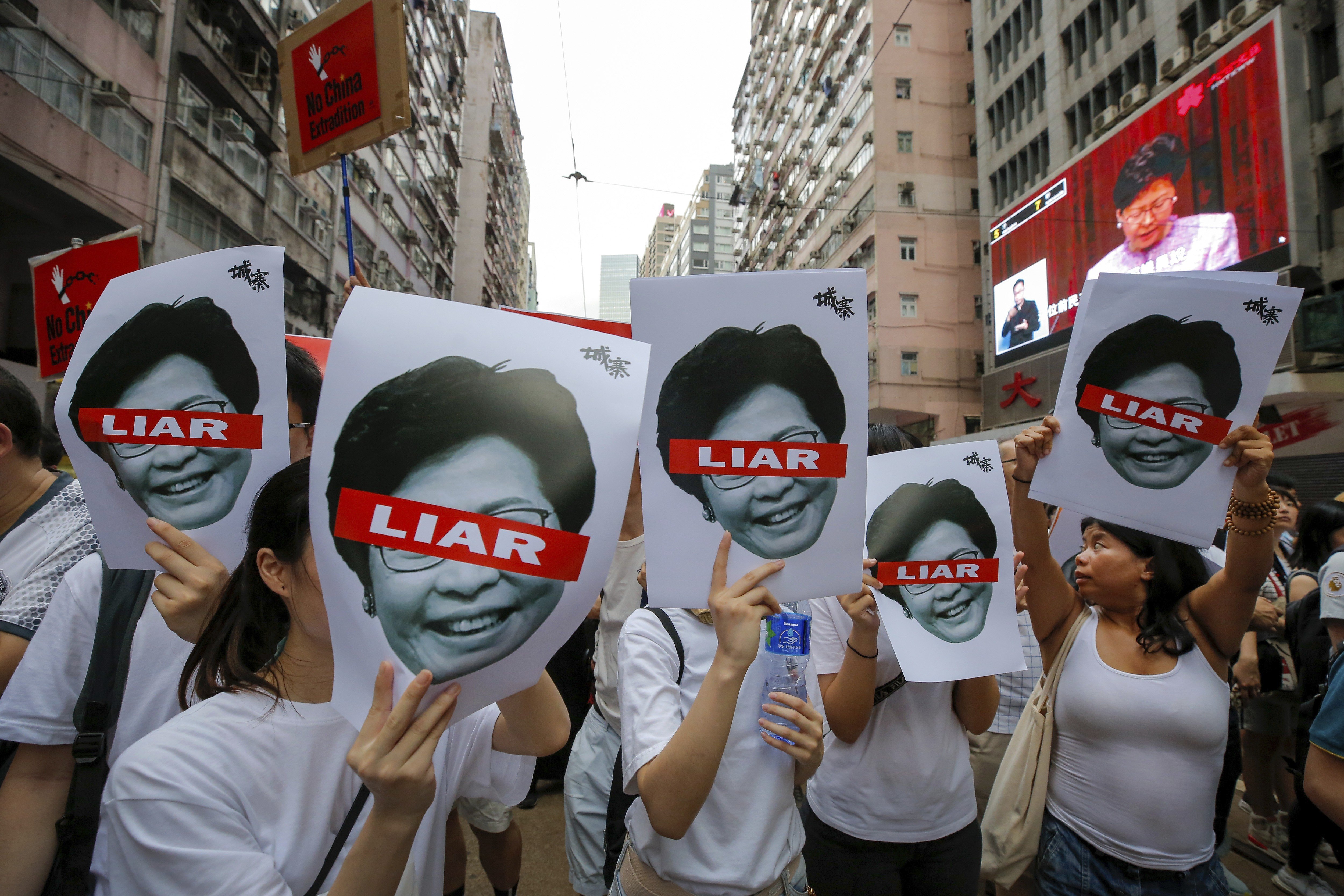In February Carrie Lam the Chinese-elected Chief Executive of Hong Kong and her government proposed the extradition law which would allow citizens and foreign nationals passing by Hong Kong to be sent to Mainland China for the trial of a crime they have committed in China. The law could allow the government to arrest almost any Hong Konger.

The proposed bill would have allowed for Hong Kong to extradite criminal suspects to places it does not have an extradition treaty with including mainland China Taiwan and.

Extradition bill hong kong. However organizations like Amnesty International and many Hong Kongers saw that the law could also be used in another way. Hong Kong has entered into extradition agreements with 20 countries including the UK and the US but no such agreements have been reached with. This led to concerns that Hong Kong residents and visitors would be exposed to the legal system of mainland China which citizens believed would undermine Hong Kongs autonomy and infringe on.
Large crowds of protesters gathered in central Hong Kong as. The Best deals for 2021. It gives the chief executive of Hong Kong aka.
HONG KONG Reuters - Hong Kongs extradition bill which would cover Hong Kongs 74 million residents as well as foreign and Chinese nationals in the city would allow criminal suspects to. H ong Kongs security minister announced Wednesday the formal withdrawal of the extradition bill that has sparked months of protests in the territory. Latest news on the Hong Kong extradition bill crisis Hong Kong extradition law and Hong Kong protests.
Hong Kong extradition bill South China Morning Post. An amendment to the Fugitive Offenders Ordinance and the Mutual Legal Assistance in Criminal Matters Ordinancepopularly known as the extradition billproposed by the Legislative Council Hong Kongs parliament in February 2019 is the latest in a series of moves that threaten to undermine the territorys autonomy. The Fugitive Offenders and Mutual Legal Assistance in Criminal Matters Legislation Amendment Bill 2019 Chinese.
The bill would allow Hong Kong to detain and transfer people wanted in countries and territories with which it has no formal extradition. The bill would have allowed extradition to jurisdictions with which Hong Kong did not have extradition agreements including mainland China and Taiwan. A guide to the Hong Kong protests.
The head of the government of Hong Kong the power to approve an extradition after it has been cleared by Hong Kong. Ad W Hong Kong - Compare Rates. For that matter Hong Kong has signed mutual extradition treaties with 20 other countries including the US UK Canada and neighbouring countries such.
Protesters occupy a street during a rally against the extradition bill on June 12 2019 in Hong Kong China. From an extradition bill to a political crisis. Under the provisions of the Bill any person who faces torture or the death penalty will not be extradited from Hong Kong.
The procedure makes good a. The extradition bill particularly an attempt to fast-track it through Hong Kongs semi-democratic Legislature has reinvigorated the citys flagging opposition movement after. 2019年逃犯及刑事事宜相互法律協助法例修訂條例草案 was a proposed bill regarding extradition to amend the Fugitive Offenders Ordinance in relation to special surrender arrangements and the Mutual Legal Assistance in Criminal Matters Ordinance so that arrangements for mutual legal assistance can be made between Hong Kong.
What is the extradition plan. The Best deals for 2021. Hong Kongs controversial extradition bill explained Critics fear bill will compromise Hong Kongs judicial system and prove the death knell of one country two systems.
If passed the bill would authorize Hong Kong to extradite crime suspects to. The law is meant to allow a the government of Hong Kong to arrest anyone suspected of a crime and send them to places where it does not already have a formal extradition treaty such as mainland China Macau and Taiwan. Ad W Hong Kong - Compare Rates.